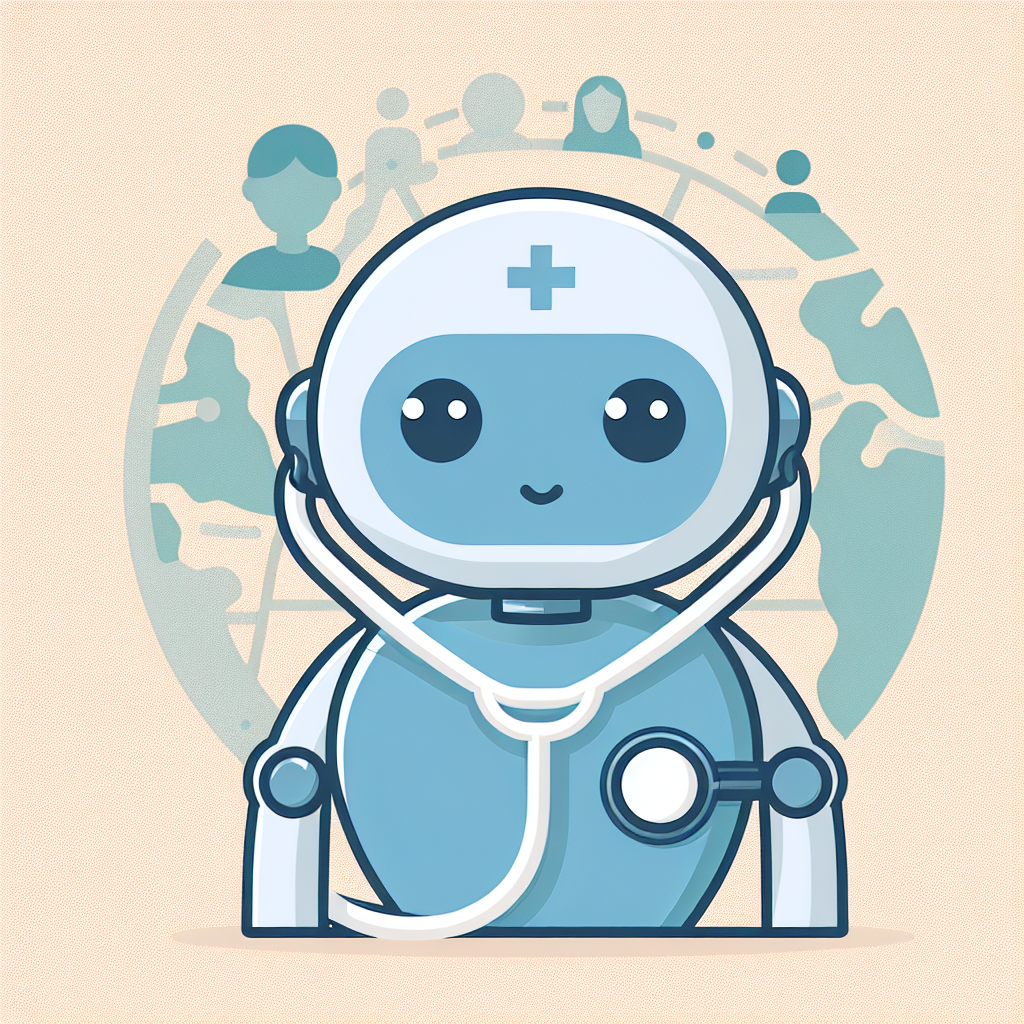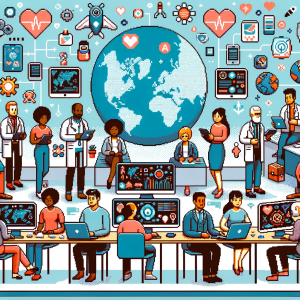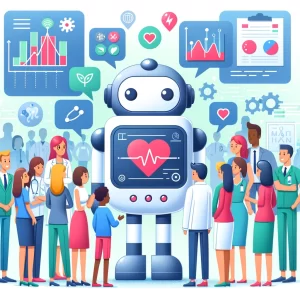
AI-Enabled Stethoscopes and Public Health
An AI-enabled stethoscope?
Is this like a Juicero? Not quite.
his technology aims to transform cardiovascular health by providing early and accurate diagnoses, which can improve patient outcomes and reduce the strain on healthcare systems. But what are the broader implications of this for public health?
The AI Stethoscope: An Overview
AI-enabled stethoscopes are designed to detect ailments such as left ventricular systolic dysfunction, atrial fibrillation, and cardiac murmurs. As highlighted by a study published in the BMJ Open, these devices offer a pragmatic solution for early detection and can be particularly effective in primary care settings. By integrating AI, these stethoscopes can analyze heart sounds, providing clinicians with data-backed insights into a patient’s cardiovascular health.
Advancements in Cardiac Diagnostics
A critical advantage of AI stethoscopes is their ability to provide real-time analysis during routine check-ups. According to The Lancet Digital Health, combining AI with stethoscope technology facilitates early and non-invasive screening, ensuring conditions like heart failure are identified promptly. This enhances the potential for interventions that can prevent disease progression, reduce complications, and save lives.
Public Health Implications
The integration of AI in everyday medical tools such as stethoscopes has substantial public health implications. By enabling early detection, these devices help in managing the high prevalence of heart disease, a leading cause of mortality globally. The automated nature of AI stethoscopes also enhances accessibility, particularly in under-resourced areas, by aiding less experienced practitioners in making informed clinical decisions.
Moreover, as discussed in a Q&A session with University of Washington experts, AI-powered medical tools bridge the gap in healthcare disparities by standardizing diagnostic procedures. This ensures equitable health outcomes, a critical goal in global public health strategies.
Future Outlook
The future of AI in healthcare appears promising, with continuous improvements expected. According to a report by 2 Minute Medicine, AI can significantly reduce diagnostic times, enabling more efficient patient management. This increased efficiency can lead to a reduction in healthcare costs, further benefiting public health systems.
Conclusion
AI-enabled stethoscopes can empower healthcare professionals with predictive tools and contribute to smarter, data-informed (not data-driven) healthcare. As their usage becomes widespread, the benefits are likely to extend beyond individual patient care to impact communities globally, marking a significant stride towards a healthier future.
For further reading on the implications of AI in healthcare, refer to additional resources such as The American Medical Association and the insights shared in the NIHR Evidence Collection.



